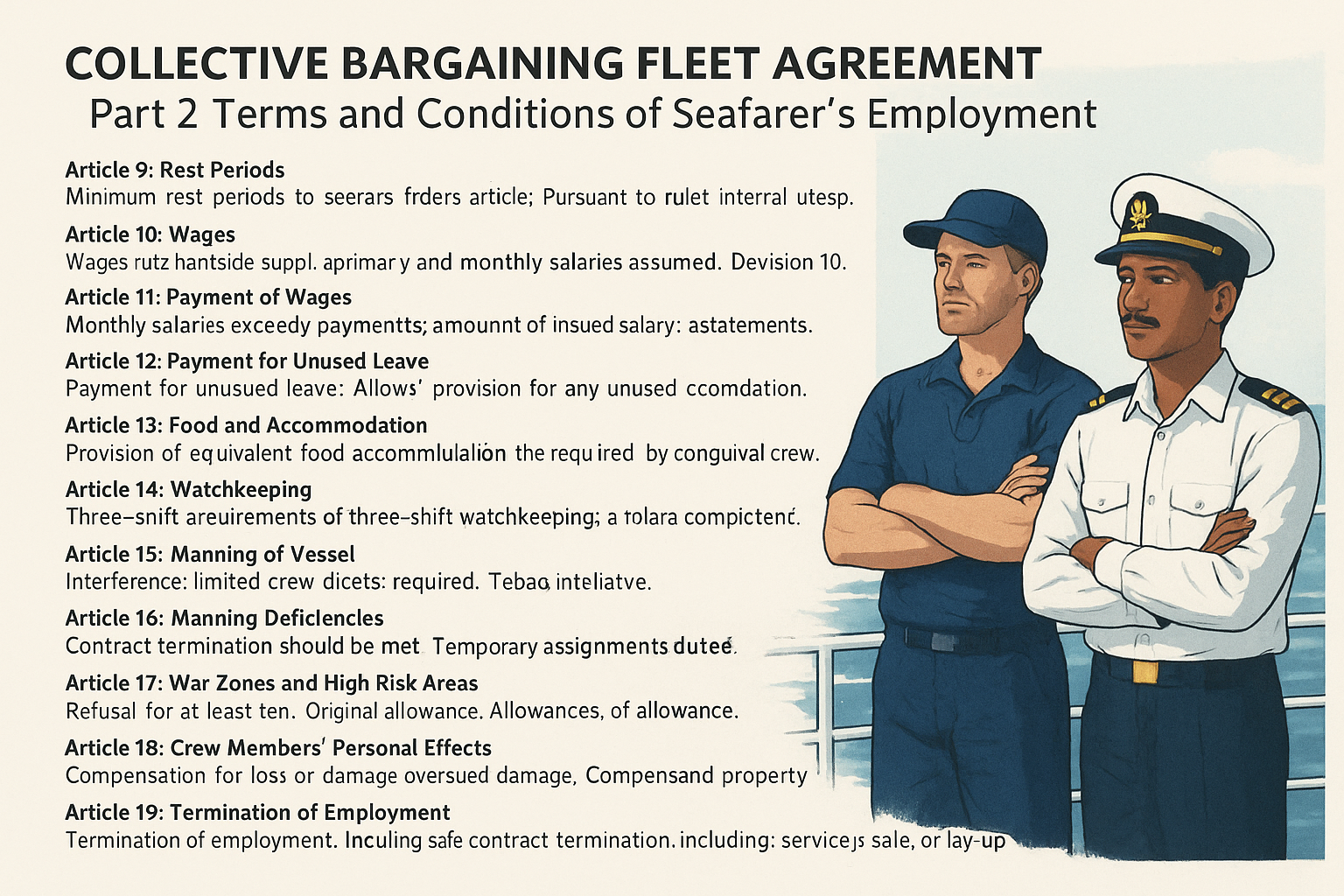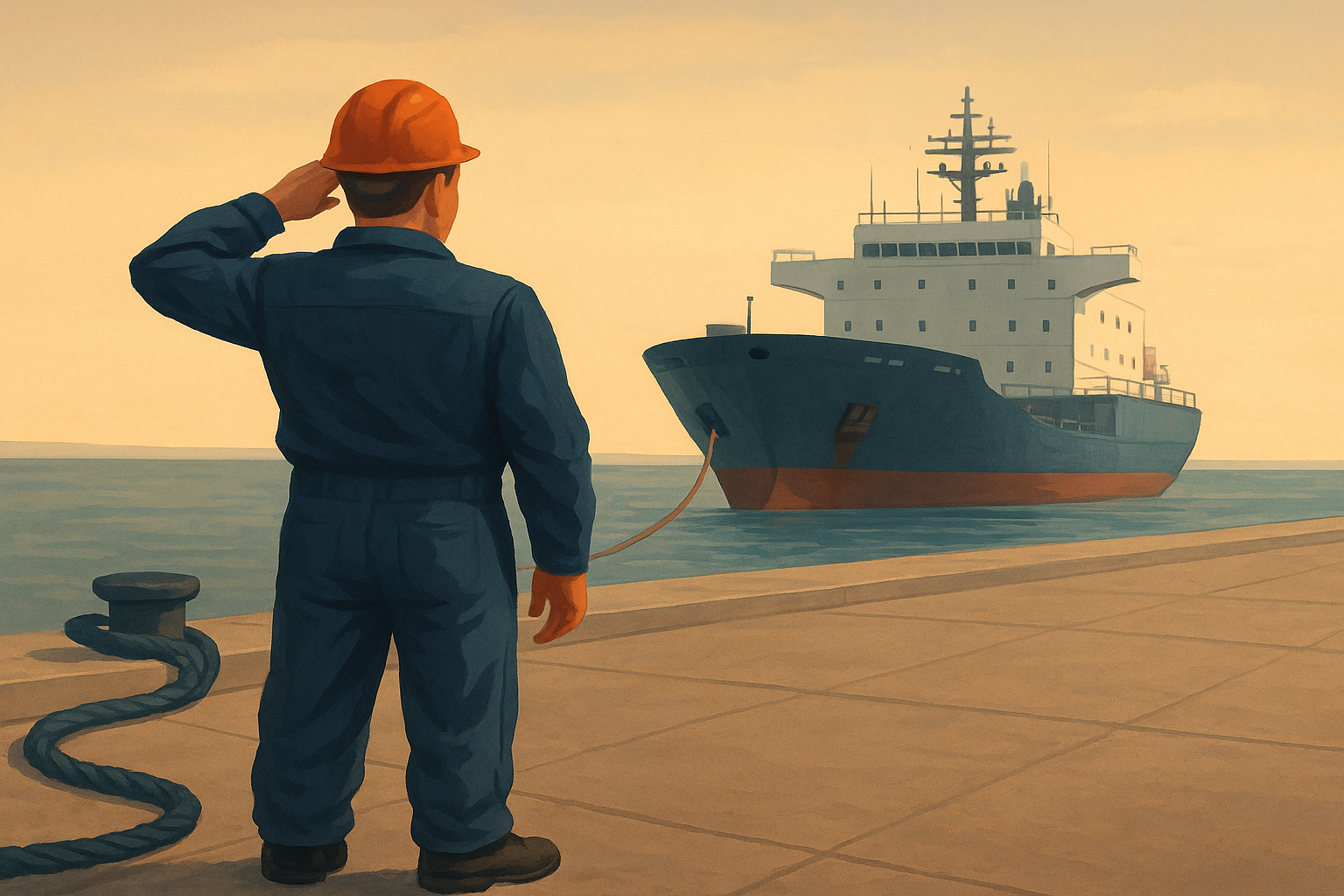GARBAGE
The permitted discharge into the sea of various types of garbage is defined in revised MARPOL 73/78, Annex V, IMO Res MEPC.201 (62), which came into force on 1st January 2013.
It should be noted that all garbage including plastics, synthetic ropes, fishing equipment, plastic garbage bags, ash for burning, clinkers, cooking oil, floating dunned, lining and packing materials, paper, rags, glass, metal, bottles, crockery and similar refuse are prohibited to discharge into the sea. (Please refer table under 1.5.7 for further details.)
The Company has also provided Garbage Management Plan, Garbage Management Log and Placards to all vessels and Placards are posted at various locations within the accommodation.
Garbage Disposal Record Book
In keeping with the MARPOL regulations, all vessels are provided
with a Garbage
Disposal Record Book which must log the disposal of all garbage whether at sea or in port.
The book must be available for inspection if required by any authorized surveyor. Additional copies of the book are available from the Company.
Garbage Management Plan
IMO has enforced the implementation of Garbage Management Plan with effect from 1st July 1998 and revised Plan with effect from 1st January 2013. All ship’s crew must adhere and comply with the contents of the revised Garbage Management Plan and the Master is hereby responsible for ensuring so.
POLLUTION
Pollution regulations are now very strict. Nothing should be thrown overboard without permission from the Master.
SUMMARY OF GARBAGE AT SEA DISPOSAL REGULATIONS
The only garbage which may be passed overboard is food waste which has been
committed or ground and which would pass through a screen with openings no greater than 25 millimetres.
All other garbage and food waste not committed or ground, must be bagged and placed in closed waste bins or compact skips.
Note that oil, paint, wire hawsers, or scrap metal must not be placed in these receptacles.
The Master, Officers and urgent hiring second engineer too, should ensure that all concerned are briefed to prevent illicit disposal of garbage overboard and be alert to signs of such disposal.
Particular attention must be paid to staff discipline in this respect and Standing Orders should indicate that any illicit disposal will be treated as a disciplinary offence.




